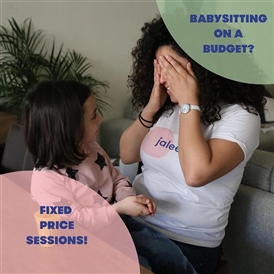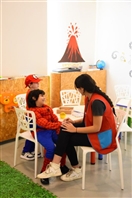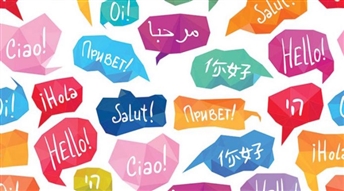
Bilingual Language development
Does speaking to your child with two or more languages effect his language development?
Bilingualism has been a controversial subject for a while now. As a speech and language therapist, I encounter many parents not sure whether teaching their child to speak more than one language would affect him. Other parents are concerned if using two different languages may have caused their child to exhibit a language delay.
I understand how they might have thought:" If I use one language all the time and I expose my child to the same words over and over again, he will learn faster and talk earlier".
The different expressions of surprise come when I recommend parents of - normally/ delayed developing- children to use the languages they want. Because honestly, the idea that using language can hurt is alien for me, as a speech and language professional.
How do I define bilingualism?
Simple! Bilingualism is nothing but doubling a child's exposure to language.
One time, a frustrated mother came to me with her 5 years old daughter. She described how she has not been able to freely talk with her child for 1 and a half year after being advised not to use her native language (Arabic) and to solely use the school's language (English). This mother narrated how her communication with her daughter had suffered throughout this time. I cannot imagine how hard it must have felt, not to be able to connect with her child all this time and thinking that using her native language can actually hurt her.
Effects of bilingualism on language acquisition and development...
Although it is a relatively new research subject, enormous studies have been conducted. I can confidently say that results have shown positive impacts of bilingualism on language development and other areas as well.
Children who use more than one language gain better accessibility to a wider range of vocabulary and language structures. For example, if they were at a family gathering where all members are using the language they use at home, they will be exposed to and acquire new words rather than passively being there.
Other areas of strength for bilingual children are:
- The ability to focus their attention on relevant information and ignore distractions.
- Creativity, planning and problem solving.
- Mental flexibility.
- For later life stages, late onset of dementia.
Here are some fun Myths VS. Facts about bilingualism:
Myth: Speaking 2 or more languages to a child confuses him. So, it is better to speak only one language.
Fact: All children are capable of learning multiple languages, including children with developmental delays and learning difficulties.
Myth: Young bilingual children are more likely to exhibit language delays, compared to monolingual peers.
Fact: Bilingualism DOES NOT cause language delays. In fact, it has been shown to improve the child's ability to learn new words and solve problems.
Myth: Children become bilingual just by listening to people around them speaking other languages.
Fact: Learning a language is all about participating. It is an active process that requires many opportunities for the child to practice.
In case you are still wondering whether or not to expose your child to another language at a young age, the answer is definitely YES!
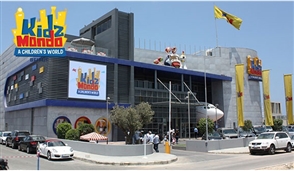






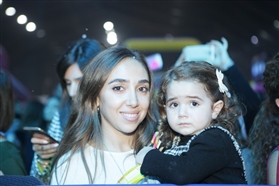

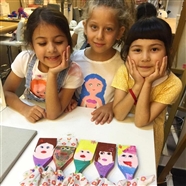
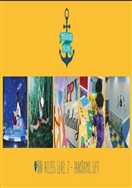
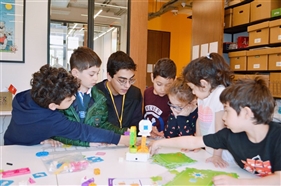
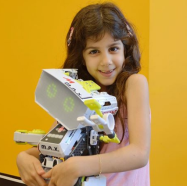

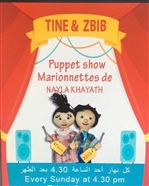




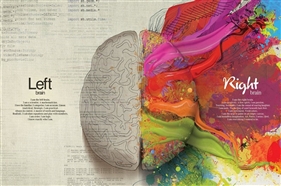

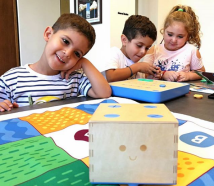




-210811120346393.jpg)
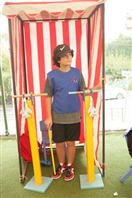

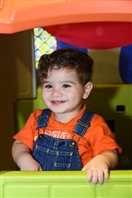

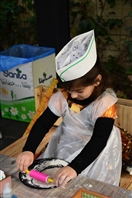



















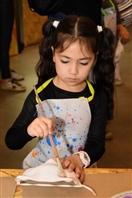
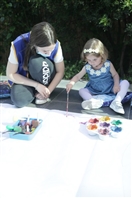
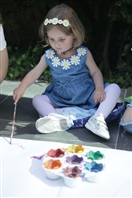


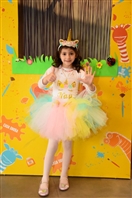




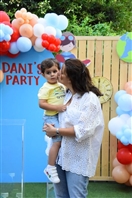


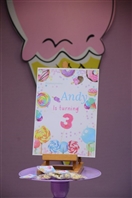



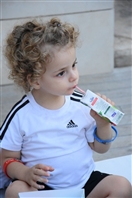
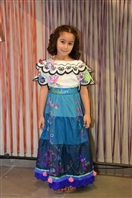
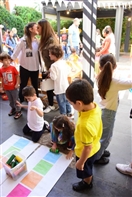








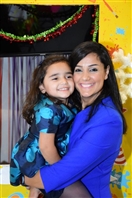

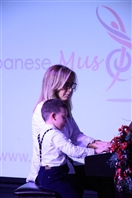
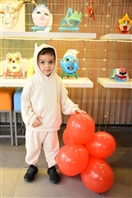



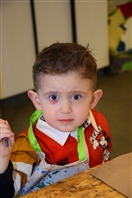

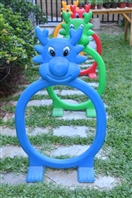






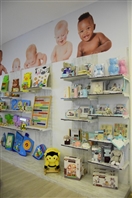
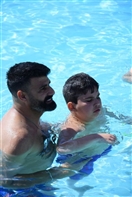

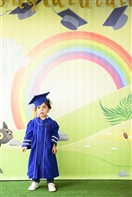

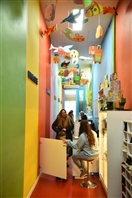
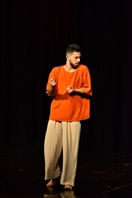




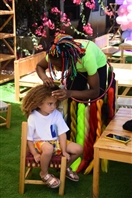


|
MOST VIEWED
|
|
MOST LIKED
|
|
MOST COMMENTED
|


